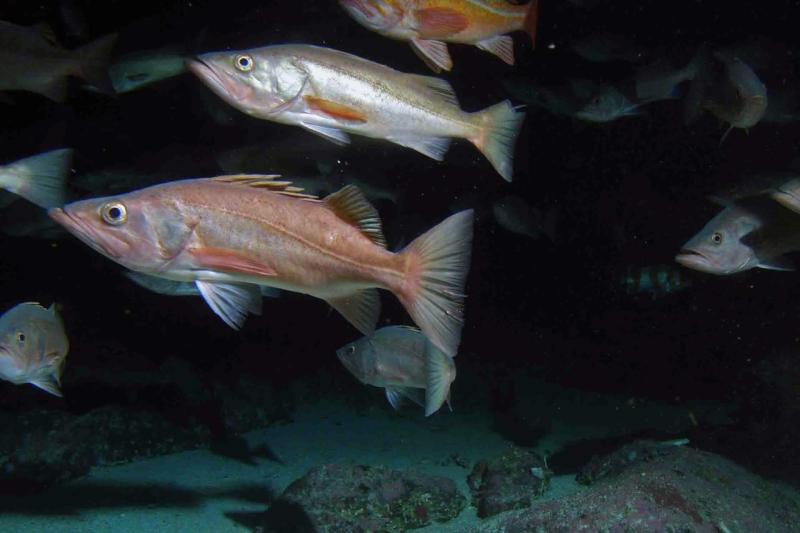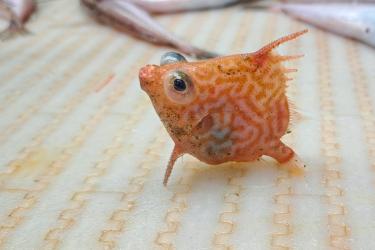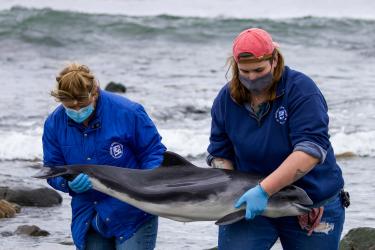I’m pleased to announce the release of the annual Status of the Stocks Report to Congress which measures the progress the nation has made in ending overfishing and rebuilding stocks. Status of the Stocks provides a “snapshot in time” of the status of our nation’s fisheries last year.
At the end of 2017, the overfishing list included 30 stocks and the overfished list dropped to 35 stocks. 91 percent of the stocks we manage are not subject to overfishing and 87 percent are not overfished.
We have rebuilt 44 stocks since 2000. In 2017, three previously overfished stocks were rebuilt:
- Bocaccio - Southern Pacific Coast
- Darkblotched rockfish - Pacific Coast
- Pacific ocean perch – Pacific Coast
Ending overfishing and rebuilding stocks provides two key benefits for the American people. First, it strengthens the value of U.S. fisheries’ contribution to the economy, which in 2015 exceeded $208 billion dollars. Second, it supports the communities and marine ecosystems that depend on healthy fisheries.
We regularly track more than 470 stocks or stock complexes. Continuous monitoring and improvement of our knowledge about the status of stocks is key to ongoing sustainable fisheries management under the Magnuson-Stevens Act.
The number of stock assessments completed each year goes through cycles and depends on various factors, including planning and coordination based on council and management needs. Fiscal Year 2017 was unique in that NOAA Fisheries completed the largest ever single-year total of stock assessments. While some West Coast groundfish species were split into geographic sub-stocks increasing the number of stocks assessed, we completed 31 first-time assessments on mostly data-limited reef species.
With this sound science as our backbone, I believe that there is still room for flexibility and a greater role for common sense in our approach to fisheries management. I am bringing a more business-minded attitude to that process. This Administration is keenly focused on our economic position on all fronts, including fisheries—increasing our production and our exports, and trying to make a dent in the seafood trade deficit.
We look forward to exploring innovative approaches to fisheries management and working with our partners to ensure America’s fisheries remain the world’s most sustainable.

Chris Oliver, Assistant Administrator for NOAA Fisheries.


